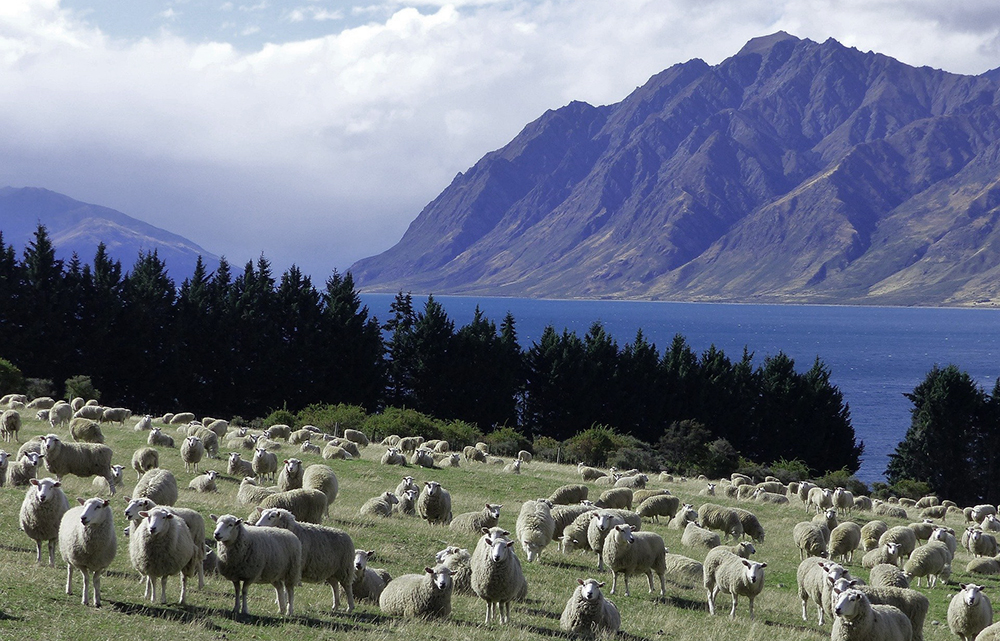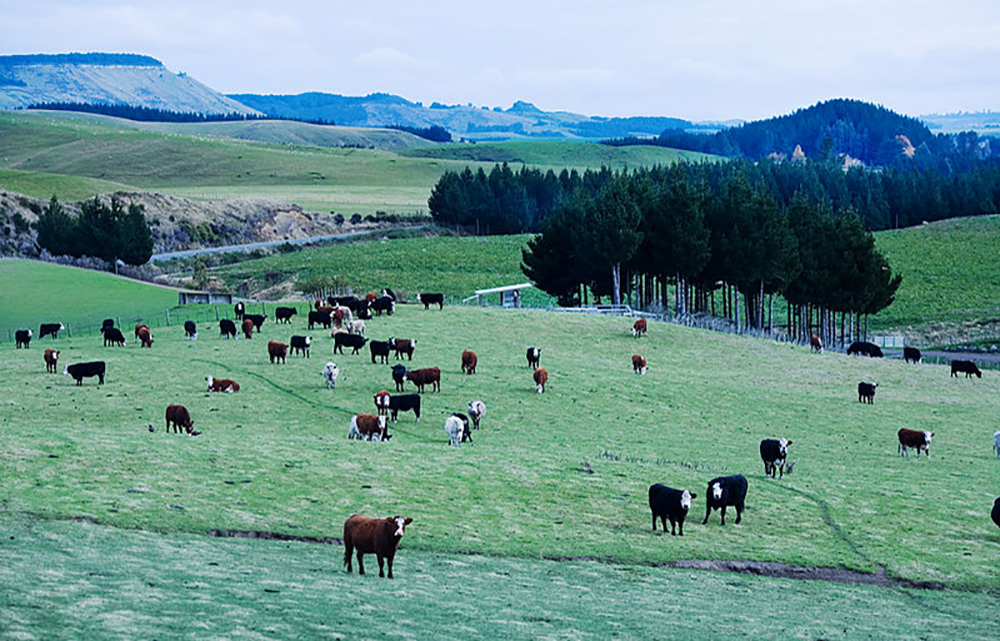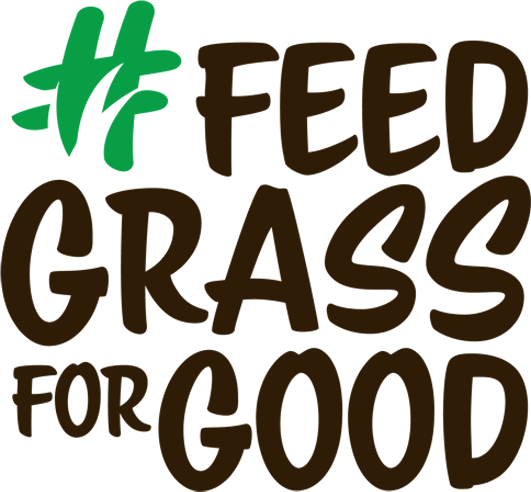New Zealand is well on track to develop a more sustainable prime beef and lamb industry
Alongside dairy products, New Zealand is also a significant exporter of premium beef and sheep meat. With global growing concerns about the environmental impact of meat production, we wanted to share a few initiatives which have recently emerged in the country.
For the last three decades, the New Zealand dairy, beef and sheep sector has been reducing its emissions. Today’s emissions are 30% below the 1990 carbon emissions values, which exceeds New Zealand’s current Paris 2030 target (11% below 1990 levels). The goal is to be a carbon-neutral industry by 2050.

Trees also have a positive role to play in removing or sequestering carbon from the atmosphere. In New Zealand, there is about 2.8 million hectares of native bush on sheep and beef farms. When combined with 180,000 hectares of pine, not only does this improve biodiversity and soil quality, there is undoubtedly a significant amount of carbon sequestered, which could actually be attributed to the farmers!
One of the most frequent questions discussed with the growing interest in plant-based foods, is could beef and sheep farm land convert to growing crops? In New Zealand, there is a wide range of land types from rolling and flat pastures at sea level to rugged hill country and mountainous regions. Topography, climate and soil fertility all dictate the most appropriate fit-for-purpose land use. Most sheep and beef production takes place on land unsuitable for growing crops or vegetables with 10% of hill country farms flat land, 32% rolling and 41% steep. Steep land is only useable for food production through grazing. This allows sheep and cattle to convert this land to produce high-quality food for New Zealanders and the world from plants that could not otherwise be used for human consumption.
Many farms are diversifying but within the limits of what is environmentally sustainable to maintain biodiversity. Initiatives include protecting waterways and existing native bush blocks; conversion of pine blocks into native bush areas; enhancing natural native tree seed dispersal by birds through planting appropriate trees in specific places to encourage bird life; and continuing to eco-source plants suitable to a challenging natural environment.
Soil erosion and sediment can be an issue on New Zealand hill country properties. Most hill country farms have or are undertaking to plant for erosion control and have or can build sediment-debris traps where appropriate. These actions are having a positive impact on the quality of water surrounding the farms.

Red Meat Profit Partnership
A consortium of agribusinesses and the New Zealand government have partnered up to invest in a $64 million programme (oven seven years) to drive sustainable, long-term profits for New Zealand’s red meat sector. While focusing on the farm gate, the programme does not represent a traditional ‘production push’ strategy. Rather, it signals a move to more capable, agile and responsive farm businesses better equipped to respond to market signals delivered by programme partners, other investment programmes, and the wider agribusinesses involved in the sector.
The New Zealand Roundtable for Sustainable Beef initiative
The aim of the New Zealand Roundtable is to ensure New Zealand’s beef is continually produced in a sustainable way, and in-line with consumers’ expectations, through identifying material sustainability issues and promoting good practise through the supply chain. The New Zealand Roundtable trusts this will ultimately lead to a greater understanding of New Zealand’s beef production systems by community stakeholders and consumers. In serving its purpose, the New Zealand Roundtable for Sustainable Beef is trying to position New Zealand beef as a leading food that is not only safe, but is also produced in a manner that is environmentally sound, socially responsible and economically viable.
Beef + Lamb New Zealand
To keep the farming sector accountable, Beef + Lamb New Zealand developed an ‘Environment Strategy’ driving further gains in sustainability, specifically water quality, greenhouse gases, soils and biodiversity through widespread use of Farm Environment Plans, catchment groups, and better evidence and data to drive improvements on farm to validate the sector’s pasture to plate story via a Farm Assurance Programme.
The Marbled grass-fed beef
The Marbled Grass-Fed Beef programme, which started in 2012 and finished in late 2019, aimed to capitalise on growing global demand for high-quality, humanely raised grass-fed beef. The programme worked to shorten the supply chain to reach overseas customers and put boots on the ground in key markets. The Marbled Grass-fed Beef programme’s vision has been realised. Forbes.com called First Light Wagyu “the best beef in the world”, and it has won awards such as the World Steak Challenge and NZ Beef of Origin.
The ARGOS Research Programme
The Agricultural Research Group on Sustainability (ARGOS) is an unincorporated joint venture between the Agribusiness Group, Lincoln University, and the University of Otago, with some other partners such as Landcare Research and Te Rūnanga o Ngāi Tahu. It is funded by the Ministry of Business, Innovation and Employment (formerly MSI (Ministry of Science & Innovation) and formerly FRST (Foundation for Research, Science and Technology)) and various industry stakeholders and commenced in October 2003. ARGOS has a mandate to examine the environmental, social and economic sustainability of New Zealand farming systems.
Here at Hustler, farming sustainably is at the heart of everything we do. Our belief in sustainable farming practices, in particular natural pasture grass-feeding, underpins our range of world-leading livestock feeding solutions. The benefits of natural grass-fed livestock are many – from happier, healthier animals and naturally fertilised paddocks through to better tasting meat and dairy. If you want to know more about the solutions Hustler can bring to your farm, contact us.
New Zealand beef and sheep sector facts and figures
|


























